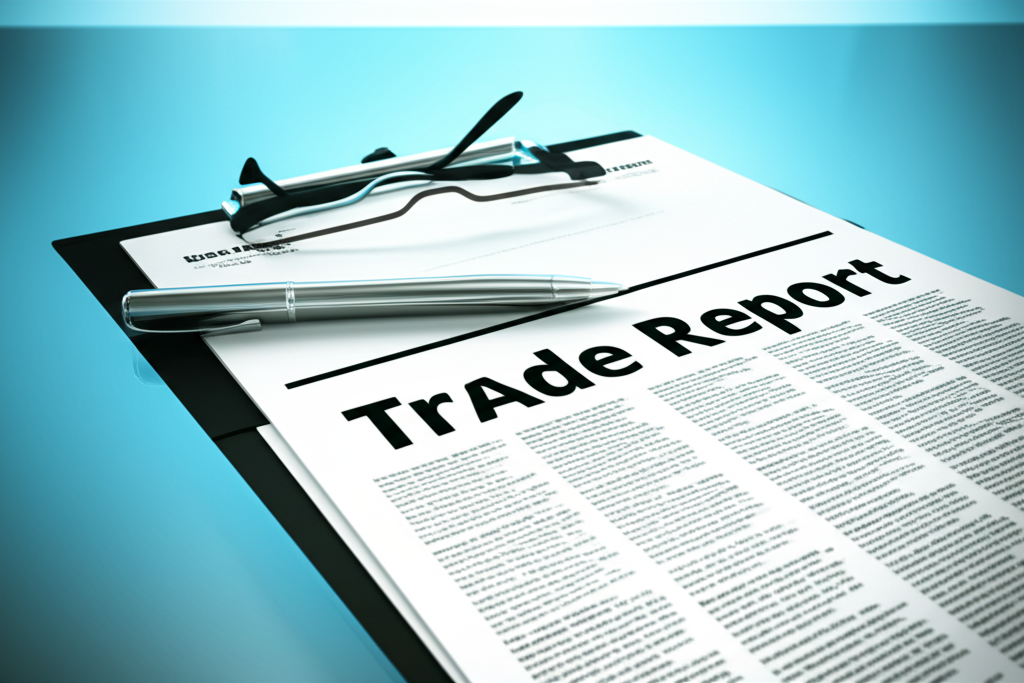
The United States has raised concerns over Malaysia’s trade policies, specifically highlighting halal certification rules and equity requirements as obstacles to fair commerce. These issues contributed to Washington’s decision to impose a 24% tariff on certain Malaysian goods, according to the latest U.S. trade report.
American trade officials argue that Malaysia’s halal import standards exceed global benchmarks, creating unnecessary hurdles for foreign businesses. The report also criticizes policies mandating bumiputera ownership in foreign companies operating within Malaysia.
These findings appear in the USTR’s 2025 National Trade Estimate, which identifies trade barriers worldwide. The document underscores how Malaysia’s domestic regulations impact international trade relations, particularly with the U.S.
The reciprocal tariffs signal growing trade tensions between the two nations. Analysts suggest Malaysia may need to reassess its policies to avoid further economic repercussions.